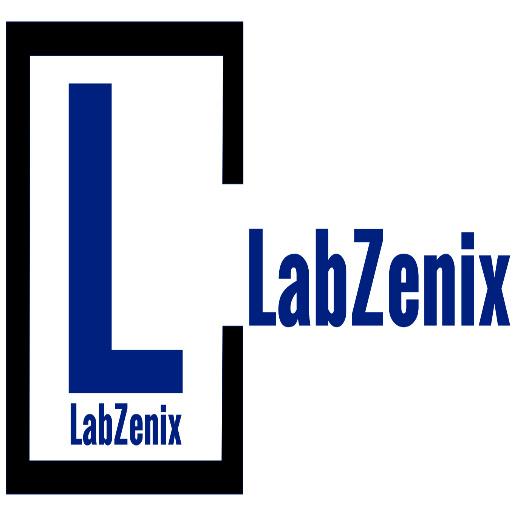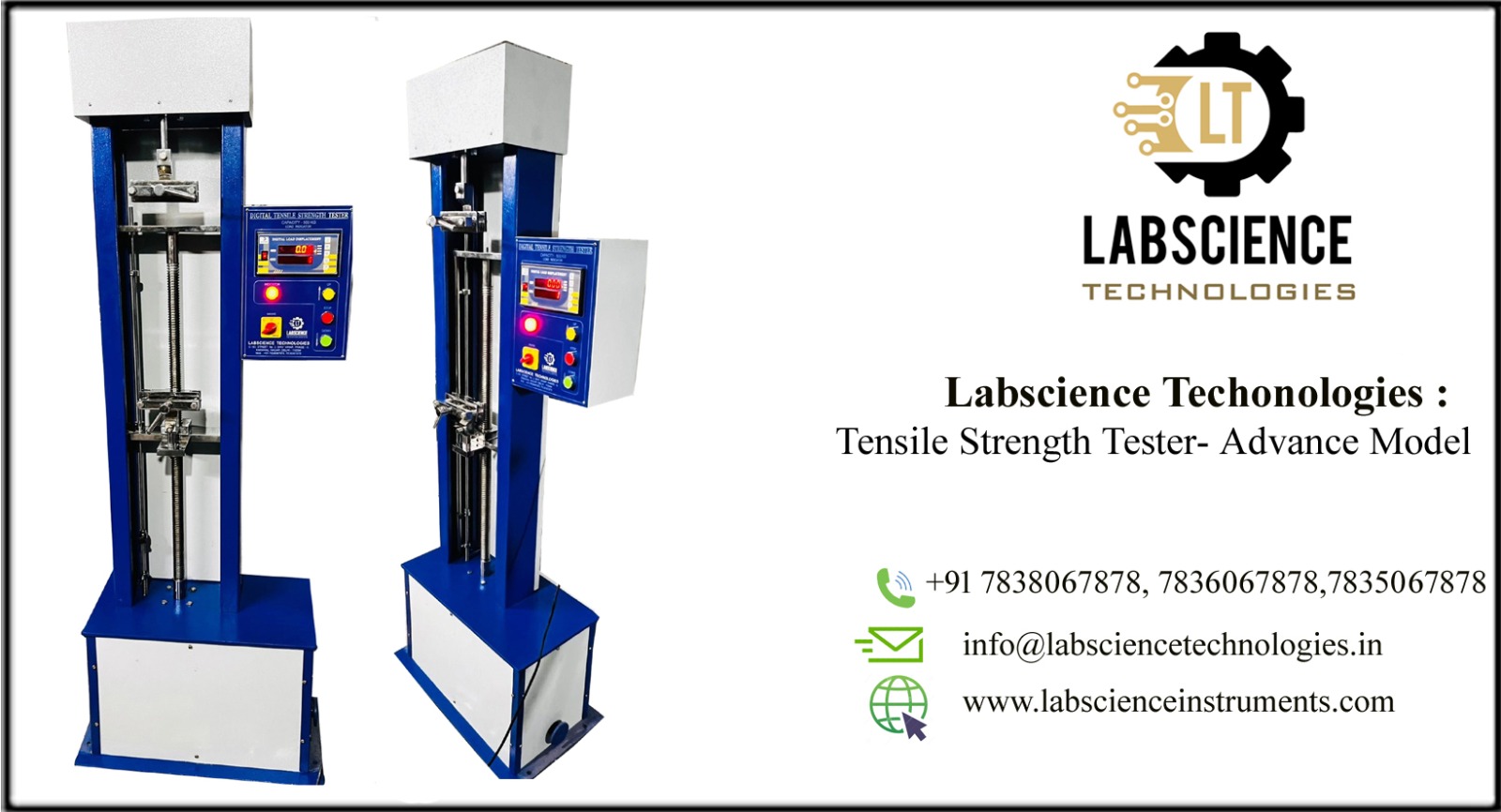Universal Testing Machine
Comprehensive Guide to Universal Testing Machine
A Universal Testing Machine (UTM) is a versatile device used to test the mechanical properties of materials under various types of forces. It is essential in industries and research facilities to determine material strength, elasticity, and overall performance. This article delves into the components, types, applications, and benefits of the universal testing machine to provide a comprehensive understanding of its importance
What is a Universal Testing Machine?
A universal testing machine is a tool designed to apply controlled forces on materials to assess their mechanical properties. It is called “universal” because it can perform a wide variety of tests, including tensile, compression, bending, and shear tests.
Key Components of a Universal Testing Machine
The UTM is composed of several crucial parts that ensure its functionality and accuracy. universal testing machine
Load Frame
The load frame is the structure that supports the entire machine. It includes moving and stationary crossheads that hold the test specimen. universal testing machine
Load Cell
The load cell is a sensitive device that measures the force applied to the material with high precision. universal testing machine
Control System
Modern UTMs are equipped with digital or computerized control systems for seamless operation and data recording. universal testing machine
Grips and Fixtures
These are used to secure the test sample in place during testing. Different grips are available based on the material and type of test.
Applications of Universal Testing Machine
Industrial Applications
Metal Industry
In metal testing, the universal testing machine evaluates tensile strength, yield strength, and elongation.
Plastic Manufacturing
Plastic manufacturers use UTMs to determine properties such as ductility, flexibility, and breaking strength.
Textile Sector
The machine assesses the durability and strength of fabrics to ensure high-quality textiles.
Research and Development
Academic Research
Educational institutions use UTMs to teach students about material properties and conduct experiments.
Product Innovation
Research labs rely on UTMs to develop new materials and improve existing ones, ensuring they meet performance standards.
Types of Universal Testing Machines
Hydraulic Universal Testing Machine
Features
- Uses hydraulic pressure to apply force
- Suitable for heavy-duty testing
Applications
Commonly used in industries requiring high-capacity testing, such as construction and metallurgy.
Electronic Universal Testing Machine
Features
- Operates with electric motors
- Provides precise control and data analysis
Applications
Ideal for laboratories and industries requiring detailed test data.
Advantages of Universal Testing Machines
Wide Range of Testing
A single UTM can perform various tests, eliminating the need for multiple devices.
Accuracy and Precision
Advanced load cells and control systems ensure reliable results, making the UTM indispensable in quality assurance.
Cost-Effectiveness
With its versatility, a UTM reduces the need for separate testing equipment, lowering overall costs.
Ease of Use
Modern UTMs are equipped with user-friendly interfaces, making them accessible even to beginners.
Factors to Consider When Choosing a Universal Testing Machine
Test Requirements
Identify the types of tests your application needs, such as tensile or compression.
Load Capacity
Select a UTM with the appropriate load capacity for your materials.
Data Integration
Opt for a machine with software capabilities for advanced reporting and analysis.
Durability and Maintenance
Ensure the machine is built to withstand regular use and has easy-to-maintain components.
Conclusion
The universal testing machine is a critical tool in material testing and quality control. Its ability to perform a wide range of tests makes it indispensable in industries like construction, manufacturing, and research. By understanding its components, applications, and benefits, businesses can choose the right UTM for their needs.
Investing in a universal testing machine ensures precise material analysis, improved product quality, and compliance with industry standards, making it an essential asset for any organization focusing on material performance.

